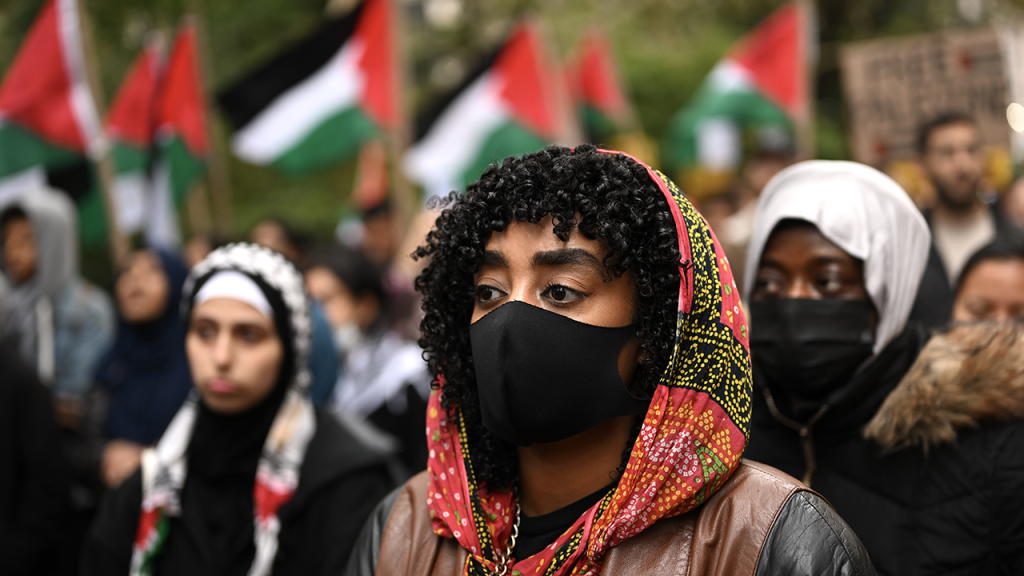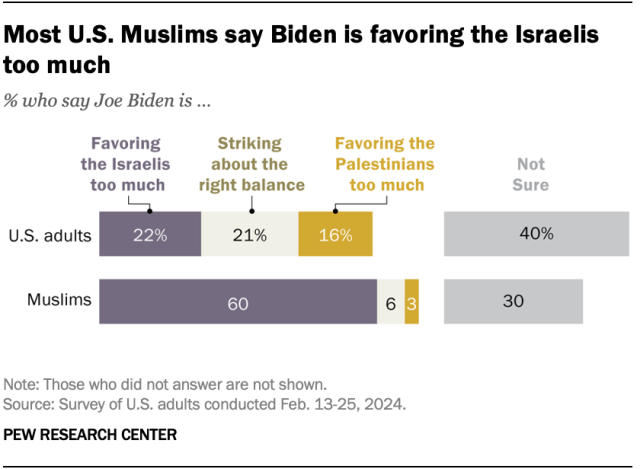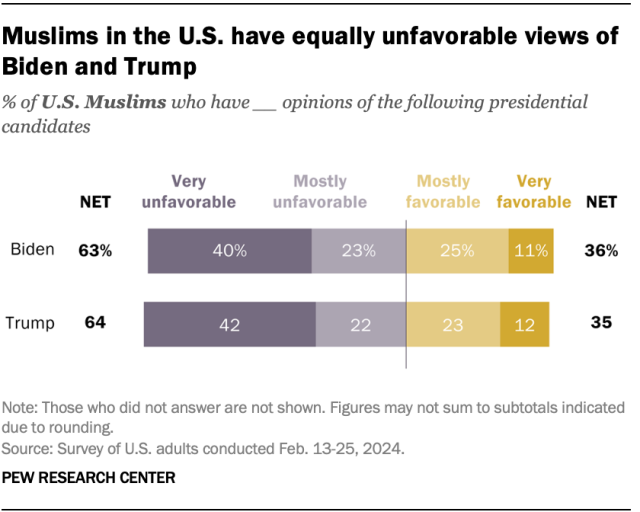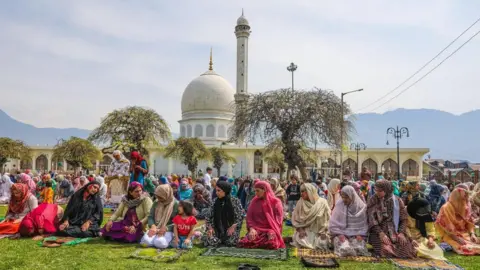
People who forget or ignore major events in world history can be said to suffer from “historical amnesia.” Though this mindset cannot be cured in one short blog post, I hope to dispel some of the stereotypes and misperceptions by highlighting the contributions that Muslims have made to civilization.
In his recent article, Sam Harris, a popular critic of Islam, referred to Malala Yousafzai, the Pakistani education activist, as “the best thing to come out of the Muslim world in 1,000 years.” Hidden in this comment is the idea that Malala’s fellow Muslims are backward and that her religion, Islam, is not conducive to change or progress.
Conversely to the beliefs of Harris and others like him, Muslims have actually made enormous contributions to civilization, perhaps due to the heavy emphasis that Islam places on knowledge. People who forget or blatantly ignore major trends or events in world history can be said to suffer from “historical amnesia.” Though this mindset cannot be cured in one short blog post, I hope to dispel some of the stereotypes and misperceptions exacerbated by Harris and other anti-Islam activists by highlighting the contributions that Muslims have made to civilization over the years.
Contributions to education
Malala’s quest for universal education follows in Muslims’ long and proud history in the field of education. Two Muslim women, Fatima and Miriam al-Firhi, created the world’s first university, Al-Qarawiyyin in Fez, Morocco, in 859 AD. For several years, students were schooled here in a plethora of secular and religious subjects. At the end of their education, teachers evaluated students and awarded degrees based on satisfactory performances. The concept of awarding degrees would spread from Fez to Andalucía, Spain, and later to the Universities of Bologna in Italy and Oxford in England, among other places of learning.
Spanish Muslims of Andalucía were especially strong advocates of education and helped to dispel the gloom that had enveloped Europe during the Dark Ages. Between the 8th and 15th centuries, Andalucía was perhaps the world’s epicenter for education and knowledge. Spanish universities such as those in Cordoba, Granada, and Seville, had Christian and Jewish students who learned science from Muslims. Women were also encouraged to study in Muslim Spain. This educational environment that stressed tolerance would not reach the “Western world” until the 19th and 20th centuries.
Contributions to philosophy
One of the greatest Muslim contributions to civilization began in the 8th century when Muslim scholars inherited volumes of Greek philosophy. The wisdom in ancient Greece texts, which had been lost to Europeans, was translated from Latin to Arabic by Muslim scholars, thus creating one of the greatest transmissions of knowledge in world history. Muslims scholars would eventually bring the ideas of great ancient Greek minds such as Socrates, Aristotle and Plato into Europe, where their philosophy was translated into other European languages. This is why Muslims are the main threshold behind the European Renaissance and the Enlightenment, two movements that resurrected Greek philosophy and gave new life into a European continent that was bogged down with religious dogma and bloody internal conflicts.










 EPA
EPA
